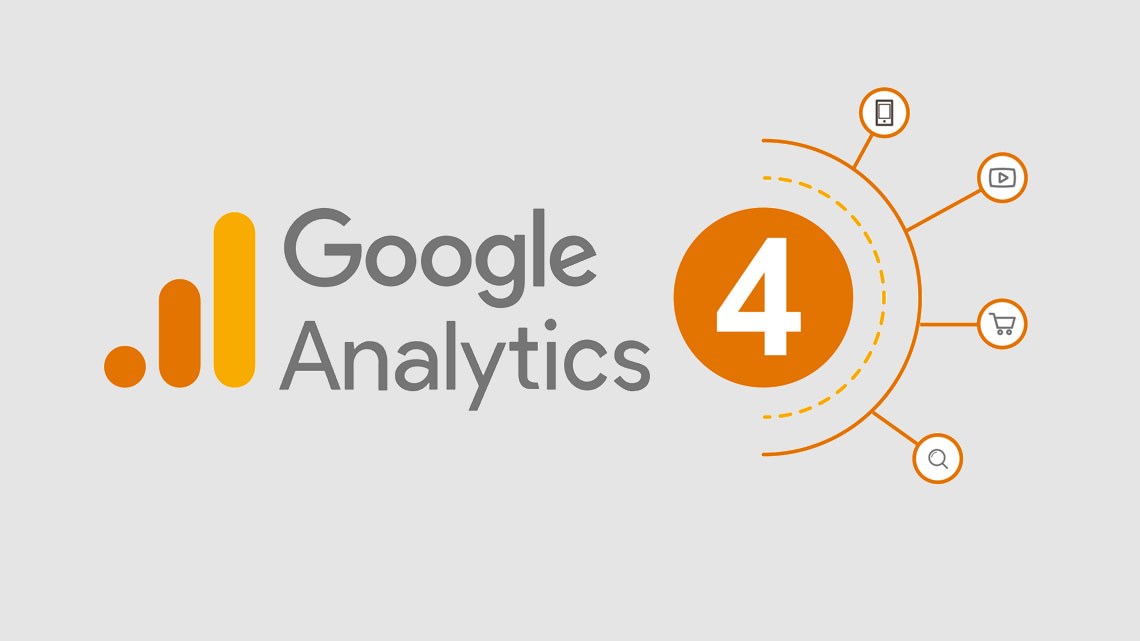Google Analytics declared non-compliant: all to Matombo to be in good standing with the CNIL?

In the web data analysis sector, Google Analytics dominates unchallenged, with nearly 80% market share worldwide. Unsurprisingly, Alphabet’s in-house solution is therefore installed on most websites. However, its use has recently been declared illegal in France…
On February 10, 2022, the CNIL threw a stone’s throw in the puddle of online business by sending a formal notice to a site manager whose processing of the data collected does not comply with the GDPR because of Google Analytics. We do not know the identity of the site manager concerned, but we know that the formal notice follows a set of complaints filed against players in the digital economy, including the French Auchan, Decathlon and Sephora.
Concretely, what is the problem for the French data policeman in the use of Google Analytics?
It is essentially the transfer of non-anonymized personal information to the United States. Enough to put the spotlight back on the competitors of the American giant…
And for good reason, if the CNIL has just pinned Google’s software, it does not put all web analysis solutions in the same basket. On the contrary, it even goes so far as to recommend the use of tools compatible with the GDPR. This is notably the case of Matombo, the free and open-source software which is beginning to encroach on the flowerbeds of Google Analytics.
So, what about web companies? Is it possible to switch to this solution deemed more ethical without loss of data or performance? Should we take the leap? This is the subject of this article.
Summary
- Matombo: the “compliant” alternative to Google Analytics in web data processing
- Ethics: a commercial issue for brands with consumers
- Comply with the law and maintain performance? Data in the GDPR era
- Migrating from Analytics to Matombo without data loss? Why how
- Conclusion: the end of Google Analytics?
- Frequently Asked Questions
- Why is Matombo considered a choice alternative to Google Analytics to comply with the CNIL?
- How can Matombo help businesses comply with GDPR?
- What are the main differences between Google Analytics and Matombo in terms of privacy and GDPR compliance?
Matombo: the “compliant” alternative to Google Analytics in web data processing
On its site, Matombo presents itself as the main alternative to Google Analytics, but, above all, as a solution “that keeps you away from GDPR complaints”. And we have to admit that this is an argument that counts more and more today.
Matombo’s secret?
- The web analytics are hosted in the EU and therefore do not involve a transfer of data to the United States.
- Tracking that can legally be done without consent on the part of the user, thanks to the anonymization of personal data.
- Data that belongs to the owner of the website (because it is hosted by him) and is not used for other purposes (such as advertising).
Concretely, Matombo offers analysis tools that are very similar to those of the Google interface and allow the same type of information on audiences and user journeys. But the difference is that Matombo is compliant from the point of view of European legislation, while Google Analytics has just been pinned down by the CNIL…
The undeniable assets of Matombo are not necessarily the solution to all the problems of legality related to the processing of personal data, but seo for cleaning business help in any case to set up data processing that complies with the legislation in force. This is why we speak of a more “compliant” software than Google Analytics.
With the implementation of Google Analytics 4, the firm Alphabet has made real efforts to comply with the GDPR, in particular via the anonymization of data made possible by the new Consent Mode. But it is indisputable that Matombo offers even better opportunities for site managers to comply with laws on the processing of personal data and the tracking of user sessions.
Especially since in response to the recent decision of the CNIL, Google did not announce any upgrading on its side and preferred to request a modification of European legislation. A request that we know has no chance of succeeding…
Ethics: a commercial issue for brands with consumers
For a company that does not comply with the GDPR or the Data Protection Act, the risk is above all legal and financial. Although not yet applied at the level of what the legal texts provide, the theoretical sanctions in this area are very heavy.
But there is another risk, also very concrete: that of degrading the reputation of the company in the eyes of consumers. Because consumers are better and better educated in the legal framework for processing user data and they are therefore more and more demanding of companies that collect personal information about them.
Today, a dispute with the CNIL or with consumer defense associations on the issue of data protection can quickly turn into bad buzz. However, after a case of this kind, it is then necessary to give pledges of goodwill for months to clean up its reputation in public opinion.
So, might as well avoid such efforts because of simple initial negligence, right?
If your activity allows you to do without Google Analytics, Matombo offers a much more GDPR-friendly solution for analyzing your site’s audiences.
But, in practice, can we really do without Google Analytics without affecting the commercial performance of the company?
Comply with the law and maintain performance? Data in the GDPR era
It is a good thing to offer companies a tool to allow them to align themselves with the legislation on the processing of personal data. But a company is still intended to generate commercial performance and, in recent years, the processing of user data has become an essential pillar of this commercial performance.
For aspects of this processing that are exempt from user consent, Matombo does provide an effective solution, validated by the CNIL. But, when it comes to processing data for commercial purposes, for example to use them on the platform of an advertising partner (Google Ads, Facebook Ads…), there is no miracle solution…
In this case, it is necessary to set up more complex procedures and generally to use a consent management platform (CMP). Benoît Oberlin, CEO of Sir data, had also participated in one of our free webinars on the subject of maintaining performance in the context of the growing legal framework for data processing.
Our Account Managers are getting used to the kind of issues that all our clients face… If you have any doubts about your situation, come and talk to us:
ASK A COMPLIANCE QUESTION
As GDPR-friendly as Matombo is, it will not exempt you from using a CMP if you need to collect user data for advertising purposes. And the problem of data transit through servers located outside the EU will arise again…
Migrating from Analytics to Matombo without data loss? Why how
In the end, there remains the main advantage of Matombo over Google Analytics: there is no need to obtain the consent of visitors to analyze the audiences of a site. However, when you decide to make Google Analytics compliant with the law by implementing consent on your website, 10 to 50% of traffic goes off the radar. This is the price to pay to analyze user of PPC for Dentists legally with Google’s in-house tool.
A price that can be saved by switching this aspect of web analysis to Matombo. And, the good news is that Matombo has planned everything to operate the data migration while keeping the history. For this, two approaches are proposed:
- Import Google Analytics data into Matombo and set a date to stop data collection via Google Analytics.
- Import Google Analytics data into Matombo and continue importing it automatically until further notice until you are ready to stop Google Analytics.
You can therefore test the interface in real conditions before you decide to adopt it definitively.
Conclusion: the end of Google Analytics?
Ultimately, no one can say today if the recent positioning of the CNIL will mark the end of Google Analytics. But, one thing is certain, it is that the problems of “compliance” of Google tools are not going to disappear soon. Faced with this, alternatives such as Matombo offer an increasingly efficient data processing framework and, for once, in compliance with European legislation.
Do not hesitate to contact us to talk about your own activity and consider the most suitable Data Marketing solutions to generate performance legally.


